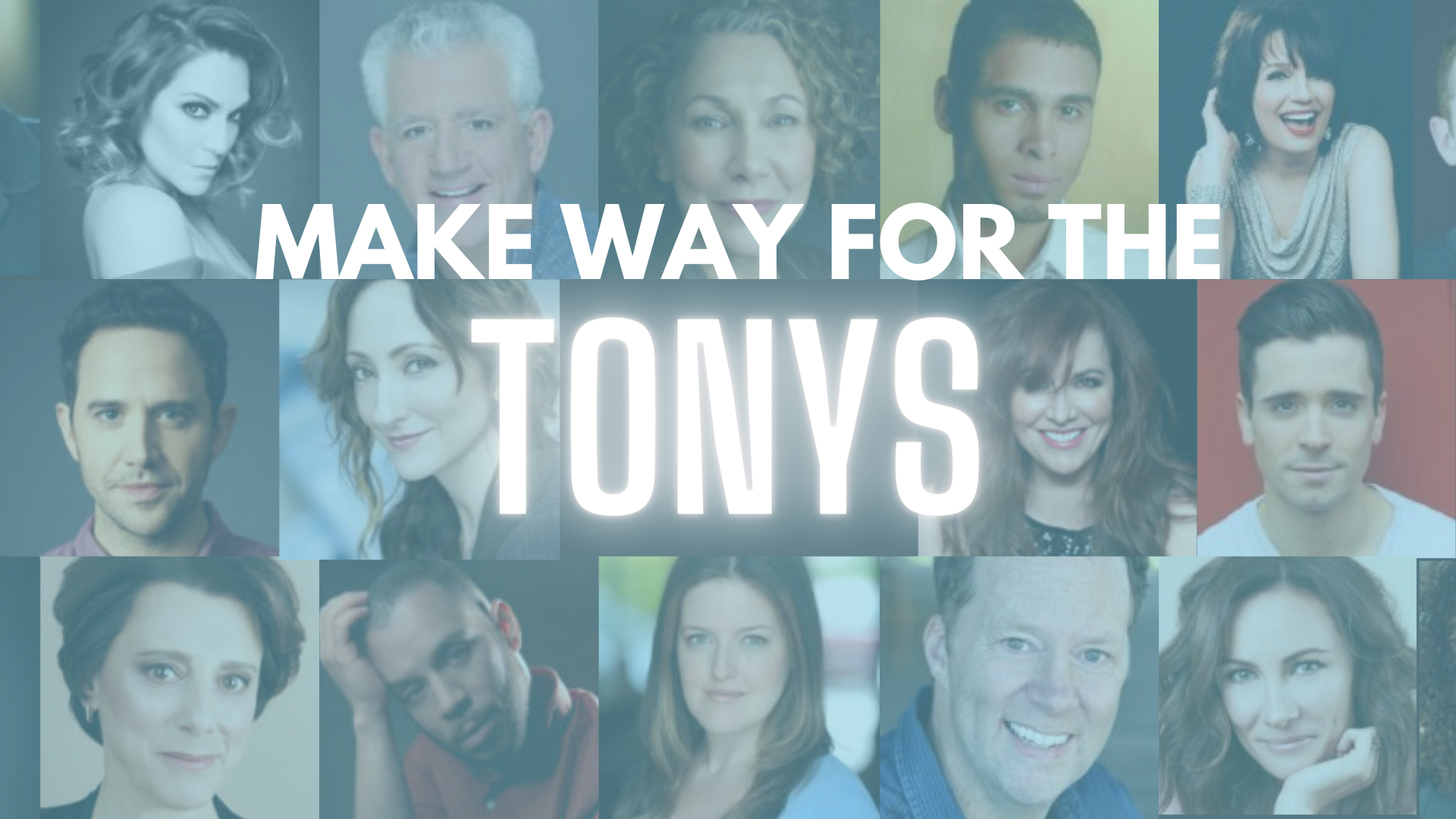Talent is subjective. That’s a fact we all must reckon with. For every one person out there that thinks you’re talented, there is an equal and opposite person who does not. That’s how it’s always going to be. Don’t believe me? Get a Twitter account.
A lot of what we do as artists is subjective. It’s open to interpretation. We are cups of tea…and we can’t be everyone’s favorite flavor all the time. There are so many things outside of our control when we offer our goods and services to the world, it can become a bit daunting to want to share. It’s always a risk, and the rewards are never guaranteed.
So what CAN we control?
In my opinion, and through my experience as a professional creative for over a decade, WORK ETHIC is something that is a bit undeniable.
Wikipedia (I know…Wikipedia…shut up) defines work ethic as “a belief that hard work and diligence have a moral benefit and an inherent ability, virtue, or value to strengthen character and individual abilities…a set of values-centered on importance of work and manifested by determination or desire to work hard…considered to enhance character through hard work that is respective to an individual’s field of work.”
That’s just a long-winded way of saying, “it’s that little bit of self-driven motivated hard work that makes you shine.” I like my definition better.
When I teach, whether it’s on BroadwayPlus or anywhere else, I can always tell when someone has put in the extra effort to really work on their material. They are prepared in a way that feels calm with an undercurrent of excitement. That undercurrent of excitement is really just the performer thinking, “I cannot wait to show you the thing I’ve worked so hard on.” And that’s what I love. There are no grades for the work you’ve done outside of a class or rehearsal room. The reward is the performance. The reward is the ease of performance. The reward is your teacher, coach, or audience being transported into a world that you alone built.
To me, it’s about time. But more importantly, it’s about how you use time and what you’re willing to sacrifice to have more of it.
I’ve asked hundreds of students about how much time (in hours) they’ve spent working on material and it’s shocking how low the number is most of the time. A 32-bar audition cut is not as simple as it sounds. It equates to about 30-40 seconds of singing/performing/acting/storytelling. So it seems like a small amount of time. And maybe it is, literally.
But the performers who consistently amaze and defy expectations can take that 30-40 seconds and transport a room on a full journey if the work is there.
I’ve said it before…in fact…I said this not three paragraphs ago…it’s about time.
The way I learn material never begins with memorization. I think that’s a huge pitfall for actors. Get all the words in as fast as you can and that’s all that’s expected. It’s part of it, for sure…but you’re skipping a step or two in my opinion.
Learning ABOUT your material is key. Reading it a few times, not as an actor, but as a reader. Enjoying the material (or not), ingesting the words, and feeling the way they hit you. Seeking out a word you don’t know or Googling a turn of phrase you’ve never heard. That little bit of research will go a long way. When I hear actors make reference to something in a song, I always ask them if they know what it is. It’s surprising how many of them don’t…especially when it’s a 5-second Google to go from not knowing to knowing.
When you’ve understood your material, my next step is understanding the piece as something cohesive. We get very caught up in learning the rhythm, the notes, the dynamics, and we forget that the words we’re singing are sentences. They are words…with meaning…and we must honor them that way. So my advice is to set it up like a monologue. Write out your song and see if you can make sense of it like a real story. Not just ending a lyric when the lyric ends…but when the sentence is over. I think this step is crucial in setting yourself outside of the usual and monotonous herd of actors who make the bare minimum their comfort zone.
When you’ve fully understood how your story is told, it’s good to learn the music. But really learning the music is not just listening to all those who have done it before you. It’s your opportunity to LEARN the song in the way you’d like to interpret it. You CAN sing “Don’t Rain on My Parade” if you have an interesting and personal take on it. The problem is, so many people bring in the bare minimum and it ends up sounding like a cheap Streisand impression. Learning the music and rhythm of a song on your own without the help of cast recordings is great if you want a shot at making a song sound like it’s really yours.
When you have all of that together, you are in a great spot. Because now this 30-40 seconds has real life in it, real point of view, real stakes, and a story that is wholly yours. When you walk into the audition, you’re not just singing this song anymore…it’s oozing out of you. The story can’t help but pour out and your only job then is to help it along or get out of it’s way. You’ve done the work…now let it work for you.
The process described above takes some time. But it doesn’t take days and weeks to perfect. It’s really about the little bits of time here and there you can give yourself. It’s about putting some time on a calendar that says “REHEARSE” and really sticking to it. Putting your phone and social media away for the hour. Treating your rehearsal seriously and doing the hard work when nobody is looking at you or patting you on the back. It’s amazing what you can achieve if your process is focused and consistent. But it has to be both of those.
Now go forth and learn a song you’ve never thought about. It’s always helpful to put this into practice on a fresh song. Give it a shot. There’s no downside to practice. As a smart actor, you must also find a way to enjoy the boring work parts…because the spoils of your work are oh so worth it.
Work ethic is something that is super lame to talk about…but it’s super excellent to show. And to me, it’s only something that can be shown. Work ethic goes hand in hand with performing…
Because you have to prove it.
– – – – – – – – –
Click HERE to book Alex Brightman for one-on-one experiences like Acting Lessons, Audition Coaching, Group Q&As and Masterclasses!



